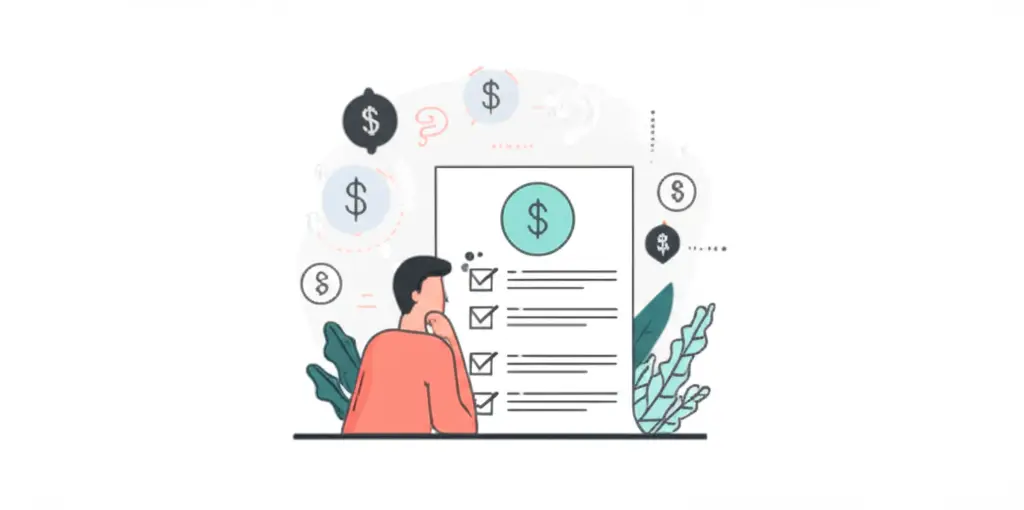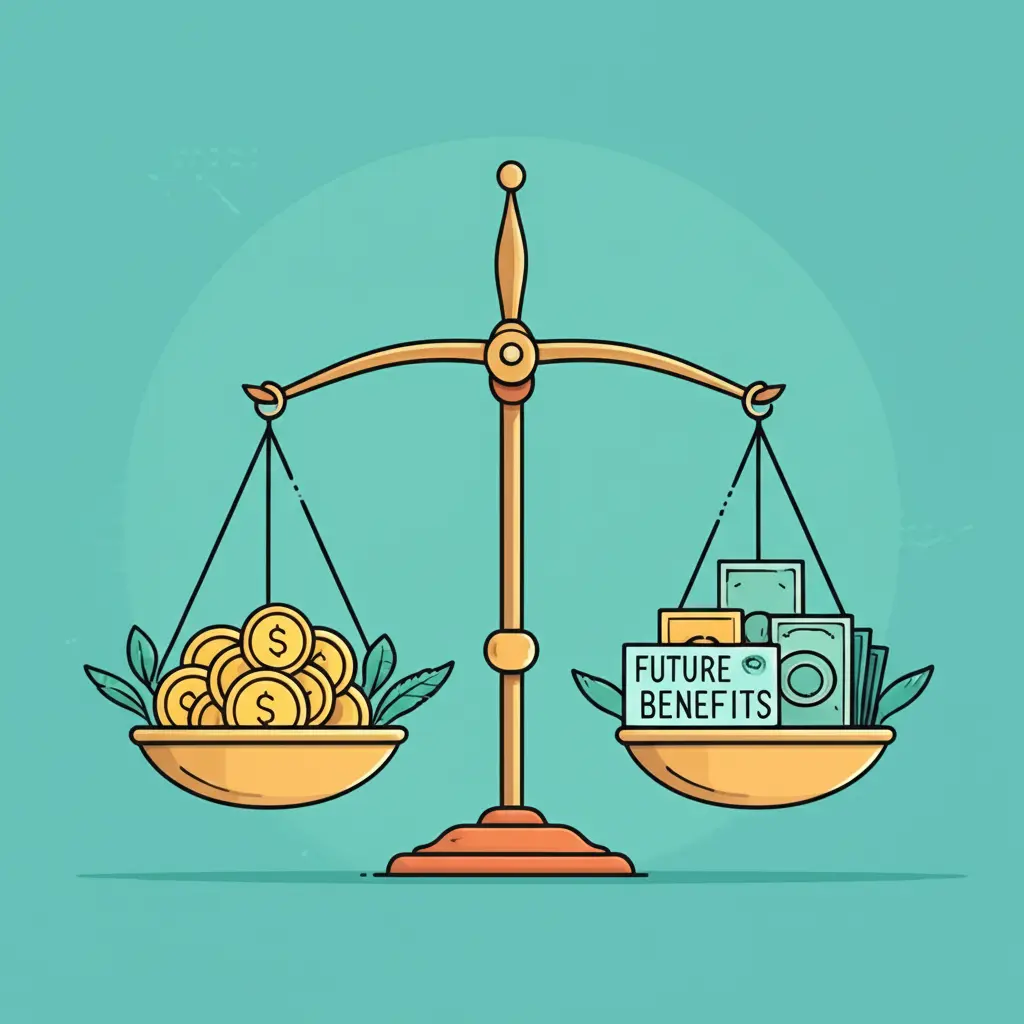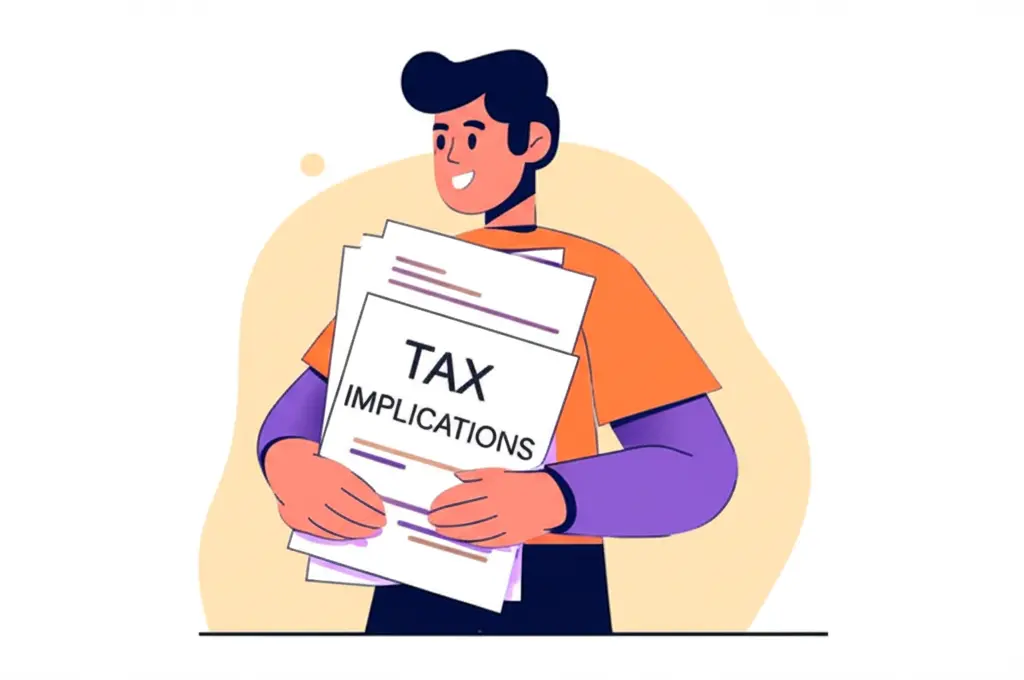Should You Cash Out Your Whole Life Insurance? Let's Weigh the Pros and Cons
Considering cashing out your whole life insurance policy? Here are the pros and cons to help you decide.

Deciding whether to cash out your whole life insurance can feel like standing at a crossroads. It's a decision that might seem daunting due to various factors like immediate financial needs, long-term planning, and potential tax implications. In this post, I'll help you navigate these waters, discussing both the pros and cons, so you can make an informed decision.
What Does It Mean to Cash Out Your Whole Life Insurance?

Cashing out your whole life insurance typically means withdrawing the available cash value of your policy. This is different from simply surrendering the policy, where you cancel the coverage and receive the surrender value. The question is, does the immediate cash outweigh the long-term benefits of keeping the policy active?
The Benefits of Cashing Out
- Instant Cash Flow: If you have immediate financial needs, cashing out can provide a quick influx of money. This might be advantageous for handling emergencies, clearing debts, or investing in opportunities.
- No More Premiums: Once you cash out, you don't have to worry about paying premiums anymore, easing your monthly financial obligations.
The Drawbacks to Consider
- Loss of Death Benefit: Cashing out means your beneficiaries won't receive the death benefit that the policy originally provided. This can be a significant consideration if you have family members depending on this support.
Potential Tax Implications:

Keep in mind that you might have to pay taxes on the cash value that exceeds the premiums paid, making it essential to assess tax consequences before deciding.
Alternatives to Cashing Out
If you've been relying on the idea that cash is the only way out, think again. There are other roads you can take that might better align with your financial goals:
- Borrow Against Your Policy: Instead of cashing out, consider taking a loan against the cash value. This allows you to access funds without surrendering your policy.
- Reduce the Death Benefit: Lowering the death benefit can reduce your premiums while still keeping your policy active.
Final Thoughts

Cashing out a whole life insurance policy isn't a decision to take lightly, but rather one that benefits from careful consideration and, possibly, professional advice. Have you weighed your current financial need against the long-term security provided by your policy? It's worth discussing with a financial advisor to explore all the scenarios. So, let's continue this conversation: What financial goals are guiding your decision today?




